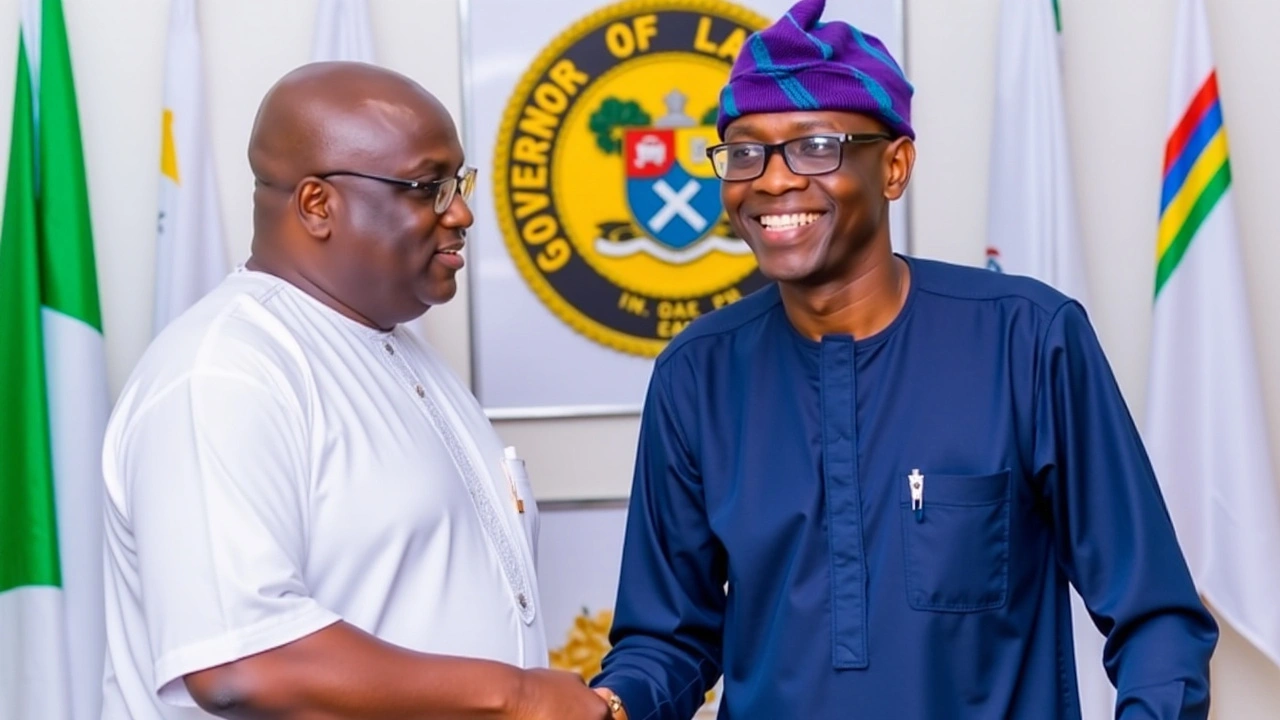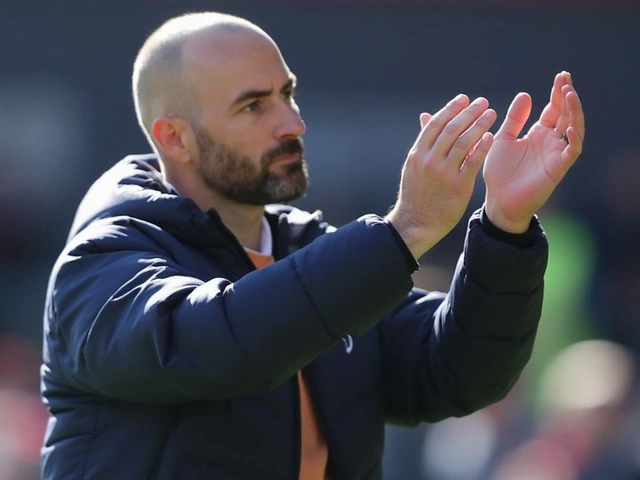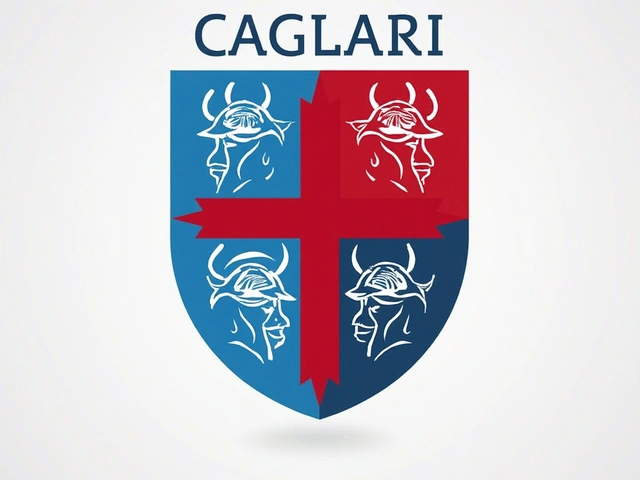Introduction
In the vibrant landscape of Lagos State, two names stand out for their significant contributions to governance and development: Akinwunmi Ambode and Babajide Sanwo-Olu. Their governance models, rooted in continuity and collaboration, offer a blueprint for sustainable development that can be emulated by leaders not only within Nigeria but across the globe. This detailed examination delves into their achievements, strategies, and the underlying principles of their leadership.
Former Governor Akinwunmi Ambode's tenure was marked by an aggressive push for infrastructure development, significantly enhancing the city's livability. His initiatives, particularly in road construction and public transportation, laid a solid foundation for the city’s continued growth. Babajide Sanwo-Olu, the current governor, has built on Ambode’s legacy, with a strong focus on education and healthcare. The synergy between their administrations highlights the importance of continuity in governance.
Ambode's Infrastructure Revolution
Akinwunmi Ambode's administration from 2015 to 2019 was transformative for Lagos State, particularly in infrastructure. His tenure saw the construction of numerous roads, bridges, and public works projects that not only improved the city's transportation network but also boosted its economic potential. One of the most notable projects was the construction of the Ojodu-Berger bridge, which eased traffic congestion and enhanced connectivity.
Ambode also prioritized the improvement of public transportation. The introduction of high-capacity buses and the expansion of the Bus Rapid Transit (BRT) system provided commuters with more efficient and reliable transit options. His administration’s focus on these infrastructure projects was driven by a vision of a modernized Lagos, capable of competing with other global cities.
The impact of these initiatives on the city's livability cannot be overstated. Improved road networks reduced travel times and vehicle maintenance costs, while better public transportation options provided residents with more convenience and affordability. These improvements translated into economic gains for businesses and enhanced the overall quality of life for citizens.
Sanwo-Olu's Focus on Education and Healthcare
When Babajide Sanwo-Olu took office, he committed to continuing the development trajectory set by his predecessor. His administration’s focus, however, extended beyond infrastructure to include significant investments in education and healthcare. Recognizing the importance of these sectors for long-term societal advancement, Sanwo-Olu's initiatives have been aimed at creating a more equitable and prosperous Lagos.
In education, the establishment of new schools and the renovation of existing ones has been a priority. Sanwo-Olu’s administration has worked to provide better learning environments, increase teacher training, and ensure access to quality education for all children. The introduction of technology and digital resources in schools has also helped to modernize education delivery, preparing students for a future driven by innovation and technology.
Healthcare has seen equally significant investments. The construction of new hospitals and the upgrade of existing healthcare facilities have expanded access to medical services for residents. Sanwo-Olu has also focused on improving healthcare infrastructure, from maternity wards to specialized treatment centers. This commitment to healthcare development reflects the administration's understanding that a healthy population is essential for sustainable progress.
Continuity and Collaboration: A Model for Sustainable Development
One of the standout features of the Ambode-Sanwo-Olu governance model is the emphasis on continuity. Rather than discarding the projects and policies of previous administrations, Sanwo-Olu has built upon them, ensuring that the gains made during Ambode's tenure are not lost. This approach has allowed for the sustained progress of Lagos State and has prevented the waste of resources on redundant initiatives.
The collaborative spirit between Ambode and Sanwo-Olu is also noteworthy. Their recent talks over the 'Future of Lagos' underscore their shared vision for the state's progress. Collaboration between political leaders, particularly in regions with diverse and dynamic challenges like Lagos, enhances the ability to create cohesive and effective strategies for development.
Lessons for Other Political Leaders
The successes of Ambode and Sanwo-Olu offer valuable lessons for political leaders worldwide. First, the importance of infrastructure development cannot be overstated. As seen in Lagos, investment in roads, bridges, and public transportation can significantly enhance economic growth and the quality of life for citizens. Second, a focus on education and healthcare is crucial for long-term development. Providing access to quality education and healthcare services forms the backbone of a prosperous society.
Third, the principle of continuity in governance ensures that progress is not halted by political transitions. By building upon the successes of previous administrations, leaders can create a stable and predictable development trajectory. Lastly, collaboration among political leaders, as exemplified by Ambode and Sanwo-Olu, is essential for addressing complex challenges and achieving sustainable development.
Conclusion
Lagos State's journey under the leadership of Ambode and Sanwo-Olu serves as a testament to the powerful impact of visionary governance. Their emphasis on infrastructure, education, and healthcare, combined with a model of continuity and collaboration, has set Lagos on a path of sustainable progress. As other political leaders look to emulate their success, the lessons from Lagos offer a valuable blueprint for achieving a better future for all.










Write a comment